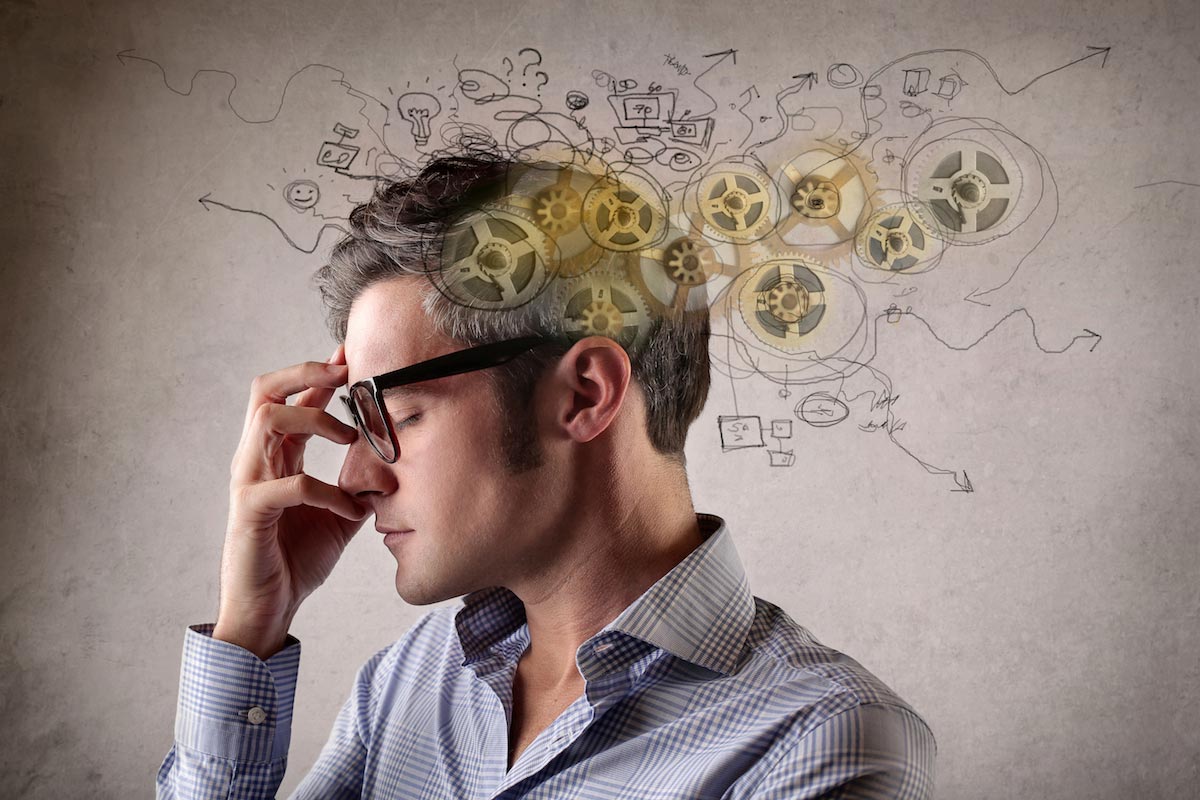Study suggests that activity, more than rest, speeds recovery after a brain injury
01/03/2019 / By Ellaine Castillo

If you’ve ever suffered from a concussion or a stroke, you’ve probably been told to take things easy for at least a few days to give your brain enough time to recover. But this can be a nightmare, especially for those who are always on the go. Fortunately, a recent study by researchers from Columbia University has revealed that there’s no need to rest after a brain injury. The study, which was published in the journal Nature, even showed that keeping the brain active was more beneficial for the recovery of traumatic injury.
The researchers arrived at this finding through an in vivo experiment in mice, which was part of their multi-year effort to understand how the brain’s cerebral cortex works. In this experiment, they focused on a specific part of the cerebral cortex known as the barrel cortex and its role in the sensing and analysis of signals detected by the whiskers. The whiskers are akin to the fingers in humans since they are both used to detect their surroundings. The mice were trained to find an item inside the dark box, and once they’ve found it, they pulled a lever that rewarded them with water.
The team removed the barrel cortex and found that the mice were unable to perform their task on the following day. However, on the second day, they went back to doing their normal task at original levels. This proves that the barrel cortex isn’t the only part of the brain responsible for tactile perception. Moreover, mice that were allowed to rest for three days before they were given a chance to return to the task were unable to show full recovery. It took them some time before they could partially regain sensation, unlike the former group of mice who immediately got back to the swing of things.
“While these findings underscore the brain’s complexity, the nature of which we are only beginning to tease apart, they also provide a new avenue of research into more effective rehabilitation efforts for serious brain injuries,” said Dr. Randy Bruno, a principal investigator at Columbia University’s Mortimer B. Zuckerman Mind Brain Behavior Institute and the senior author of the study. “We tend to immobilize people when they’ve suffered a stroke; the recovery of seemingly simple tasks — walking, grasping — can be a long road. Our findings suggest that maybe, in some cases, patients could be reintroduced to these activities much earlier in order to speed recovery.”
Overall, these results prove that the key to recovering from brain injury could be immediate re-exposure to normal activities and not the passage of time. (Related: Change your brain, change your life for the better: Brain injury expert reveals secrets for keeping your brain healthy.)
Natural ways to help the brain recover from injury
Other ways through which you can promote brain healing include the following:
- Getting adequate sleep at night — Sleep is crucial to maintaining a healthy body since it allows for the recovery of damaged cells and the creation of new connections in the brain. Unfortunately, brain injury might result in sleeping problems due to disruptions in the production of chemicals and electrical signals that stimulate brain function. To achieve the recommended seven to nine hours of sleep, make sure that your room is conducive for rest, which means that it should be dark and quiet.
- Following a healthy diet — Good nutrition is key to keeping the brain healthy. Increase your intake of food rich in nutrients such as omega-3s, vitamins B, C, and E, acetyl L-carnitine, and other antioxidants. On the other hand, you should avoid alcohol, caffeine, salty foods, and sweets.
- Taking herbal supplements — Some herbs have potent antioxidant properties that encourage the repair of damaged brain cells. Examples of these herbs include wormwood, chamomile, and ginseng.
For more articles on how you can take care of your brain, visit Mind.news.
Sources include:
Tagged Under: brain activity, brain exercises, brain function, brain health, Brain Injury, brain science, Mind, mind body science, recovery, research, trauma, traumatic brain injury, traumatic injury
RECENT NEWS & ARTICLES
COPYRIGHT © 2017 BRAIN NEWS


















